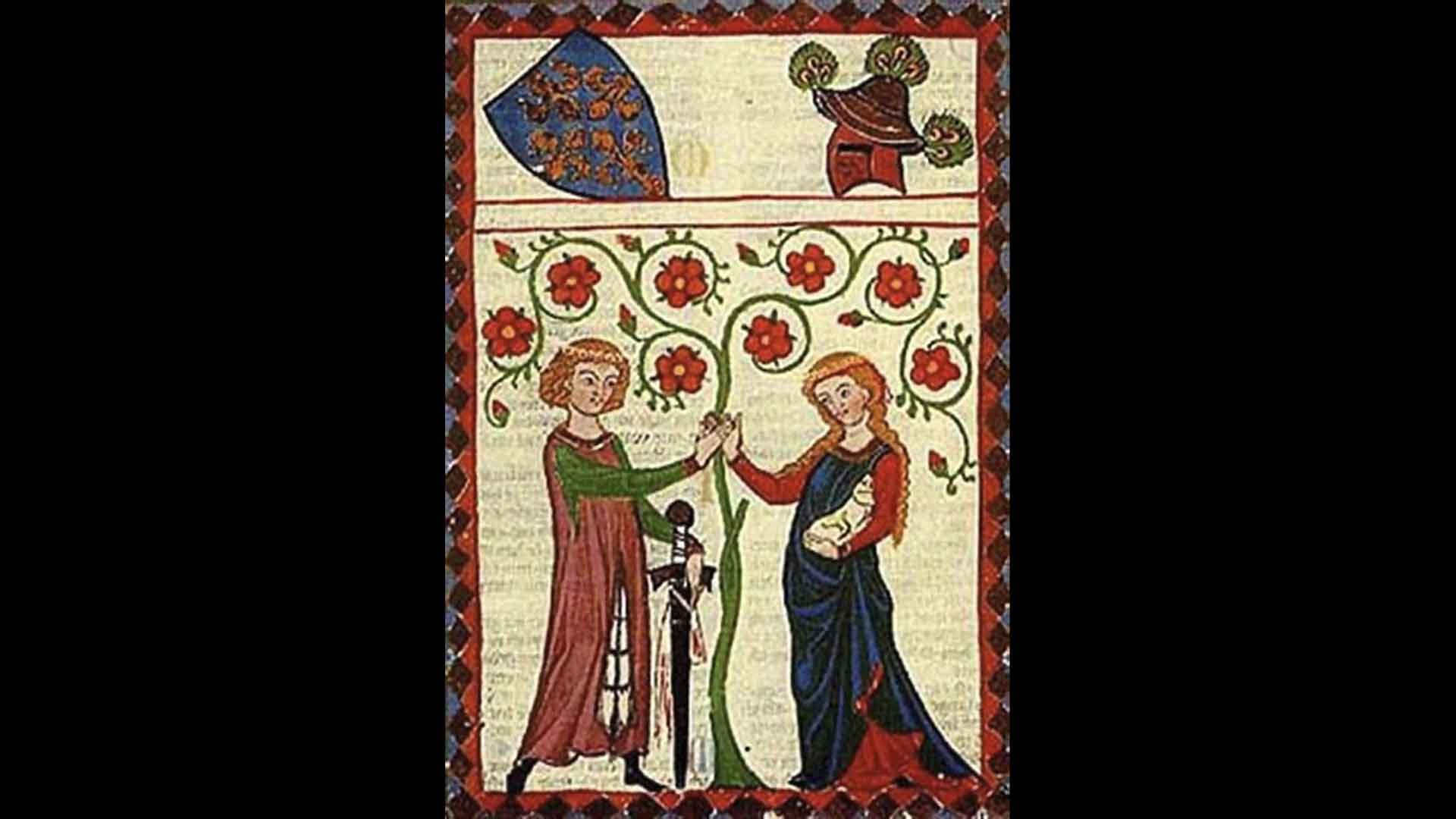For the source text click/tap here: Kiddushin 56
To download, click/tap here: PDF
Shimon Ha’amsoni, and others say that it was Nechemia Ha’amsoni, would expound on every word es that was written in the Torah. (This means that he would teach what the word es was coming to include.) When he reached the verse that states you shall revere es Hashem your G-d, he stopped expounding on the word es.
Shimon Ha’amsoni felt that it is impossible to equate the reverence of Hashem to anything else, so he retracted from all of his previous interpretations of the word es. When questioned by his students what would happen to all the words es that he had expounded upon previously, Shimon Ha’amsoni replied, “Just as I received reward for expounding on those words, I will receive reward for retracting my interpretations.
Rabbi Akiva arrived later and expounded the verse to mean you shall revere es Hashem your G-d, to include Torah scholars. Just like one is obligated to revere Hashem, so too, one must revere Torah scholars.
We explore the hermeneutical approach of Rabbi Akiva (vs Rabbi Ishmael).




















